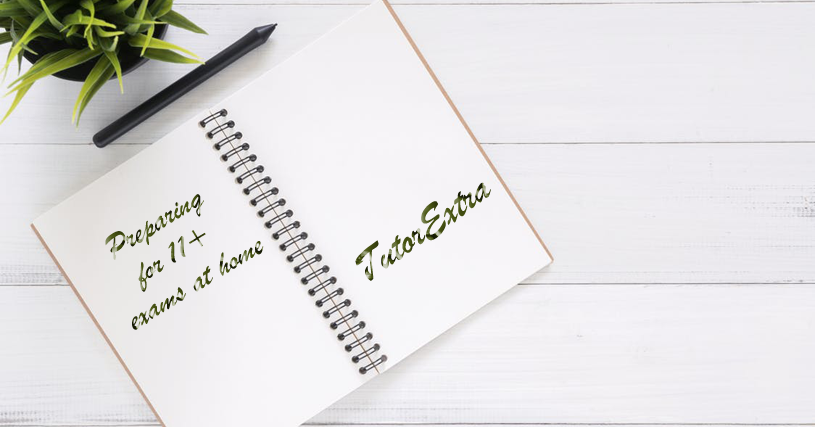Preparing for 11+ exams at home
For most children, the 11+ exam is their first proper exam, so it’s important that you explain what it means to work under a timed, quiet session. Here’s what to explain:

Rest
It's so important to have a good night’s sleep the night before an exam, as well as a good, healthy breakfast. Hydration is vital, too, so they should have a small bottle of water available.
Equipment
Make sure they're responsible for having the right pens, pencils and anything else they might need.
Timing
Young people need to be aware of the importance of time management when taking important exams. Working slowly will mean they run out of time and won’t complete the exam, or else they'll panic and make mistakes.
There are fun ways to explain this:
Plan ahead – Get your child to go through the paper and find the questions they think they'll struggle with. Get them to answer the questions they’re confident about and then go back to the difficult ones. This means that they'll use time more efficiently.
Beat the buzzer – If your child is still struggling to complete practice papers in the recommended time, start using a timer or stopwatch on your phone and set them the challenge of completing the test before the buzzer goes off. Also, get your child into the habit of finding the clock when they practice at home, so that they're familiar with this in the exam room. When you’re doing practice tests at home, encourage your child to finish with five minutes to spare, so they have time to check their answers.
Let them know that it is alright to miss out on some questions – Many children won’t be able to answer all the questions in the time given, because they get stuck on some. Make sure your child understands that it’s OK to skip a question that’s holding them up — they can always come back to it at the end, if they have time.
Explain scheduling – For example: exam starts at 9 am and ends at 9.45 am, so 9-9.05am: look through the questions; 9.05-9.40: allow 35 minutes answering the questions; 9.40-9.45: five minutes to check the answers.
Exam habits – As well as improving their knowledge and time management, practicing at home will clear out bad habits and instill ones that will help. Establish a routine — comfortable clothes, equipment, water and toilet visit before the exam.
Breathing Exercises – Suggest breathing exercises to help them calm down and have a clear head. Get them used to the idea of focussing. In a quiet room, silence and concentration can be shattered by genuine noises, like squeaky chairs, coughs and sneezes, but also by silly behaviour. If they learn to focus, they won’t be distracted. Don’t make the practice sessions too clinical — a bit of background noise or other distractions will help them understand what will occur in the actual exam.
If the child still feels unprepared, it's a good idea to contact a private tutor. Register as a parent at TutorExtra and find the best possible teacher to prepare your child for the exams.


